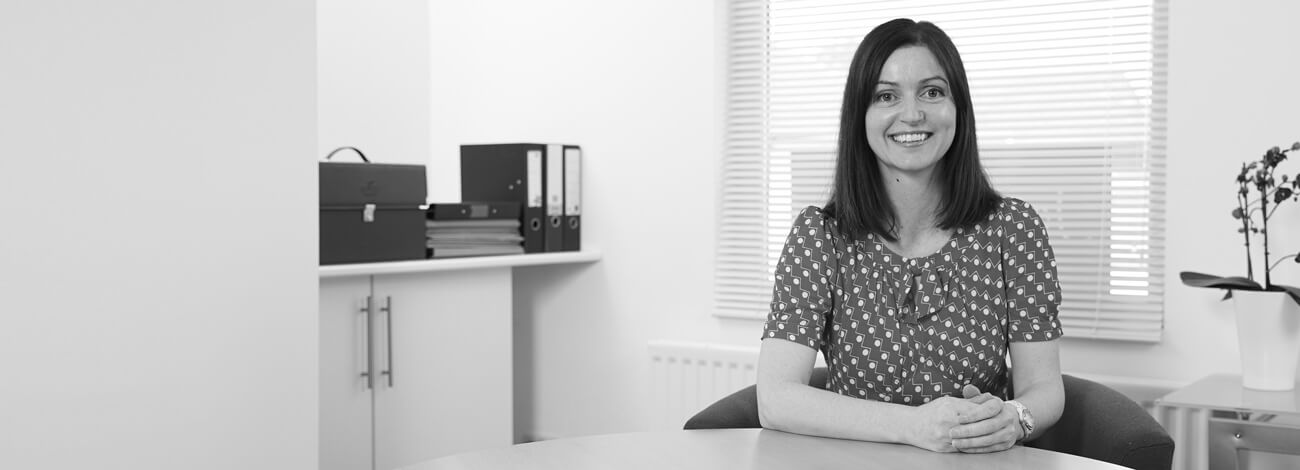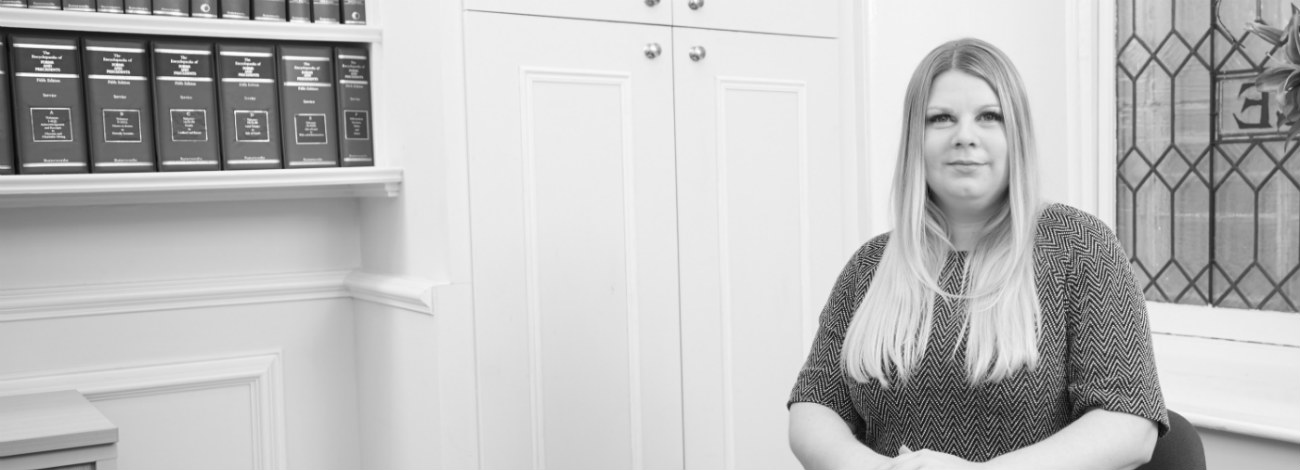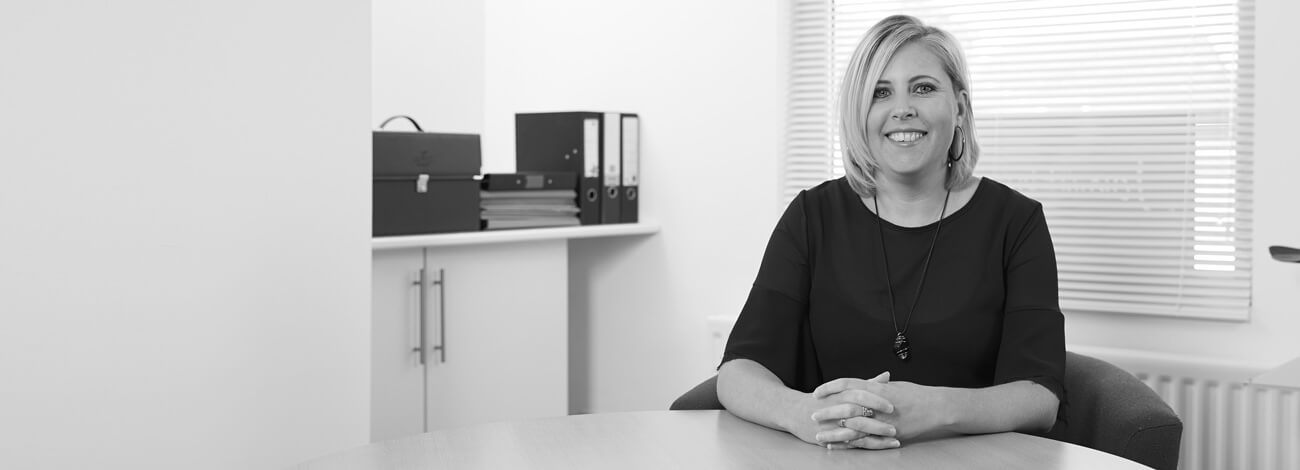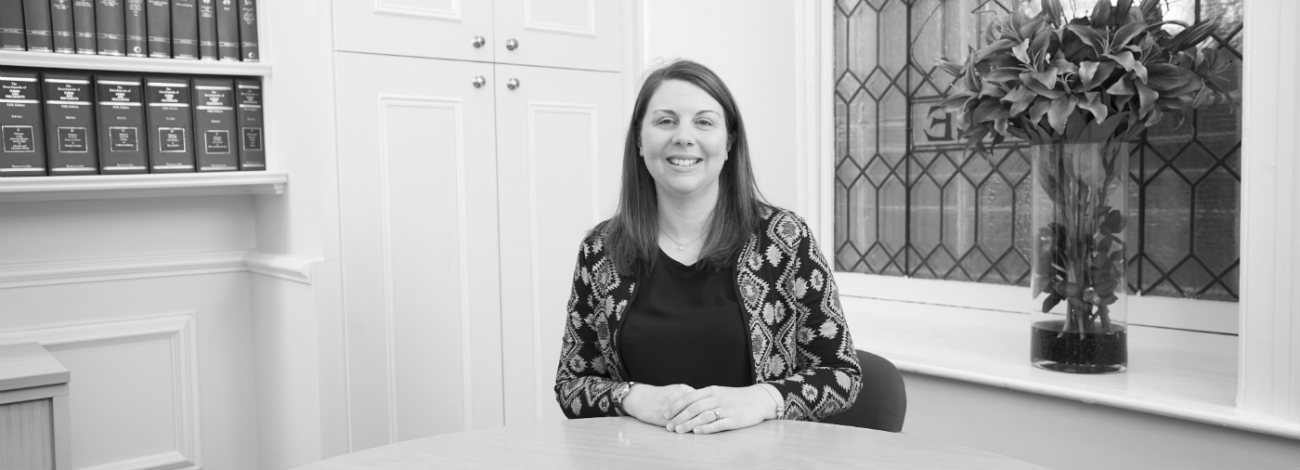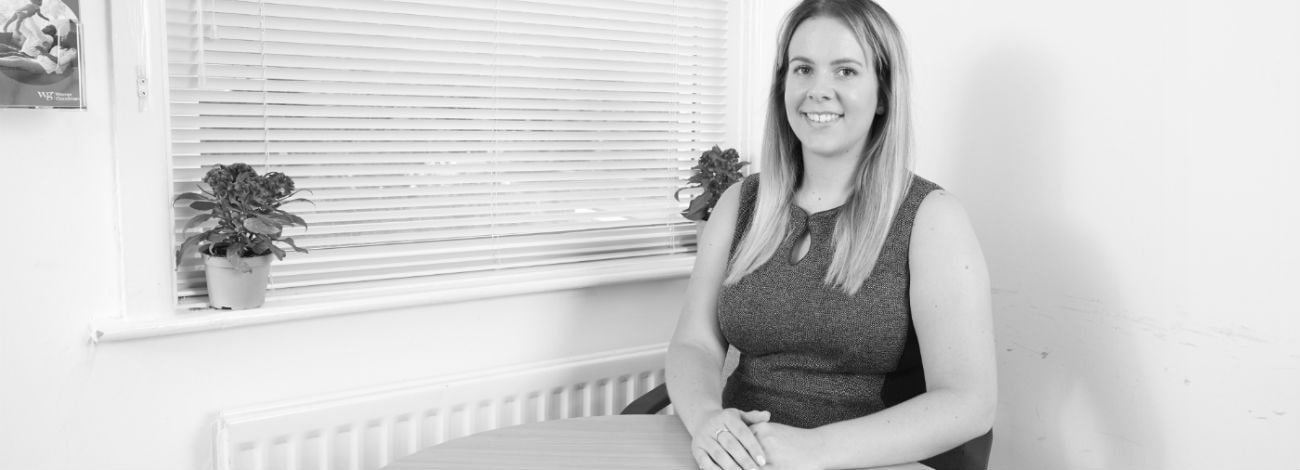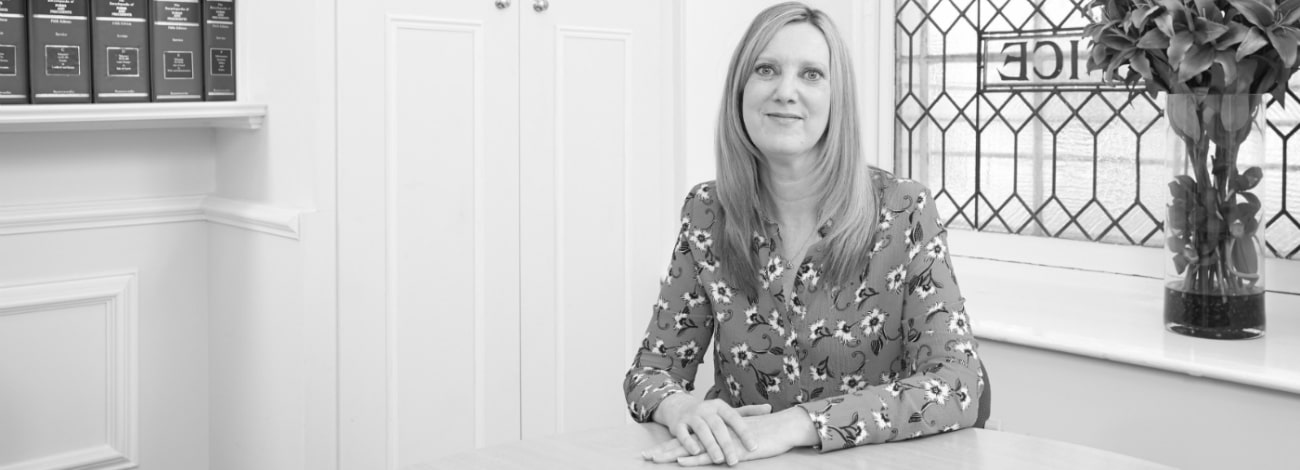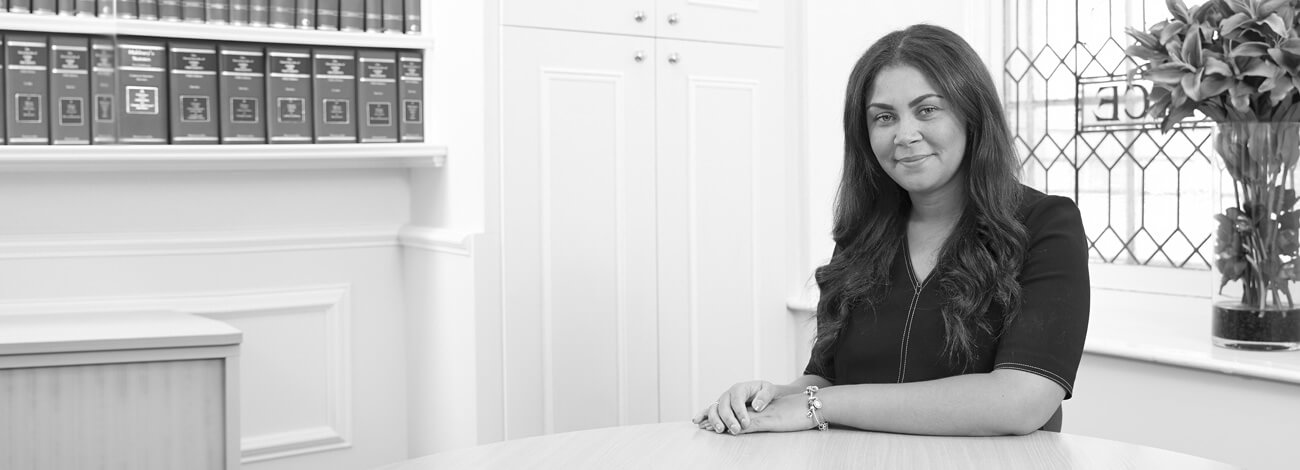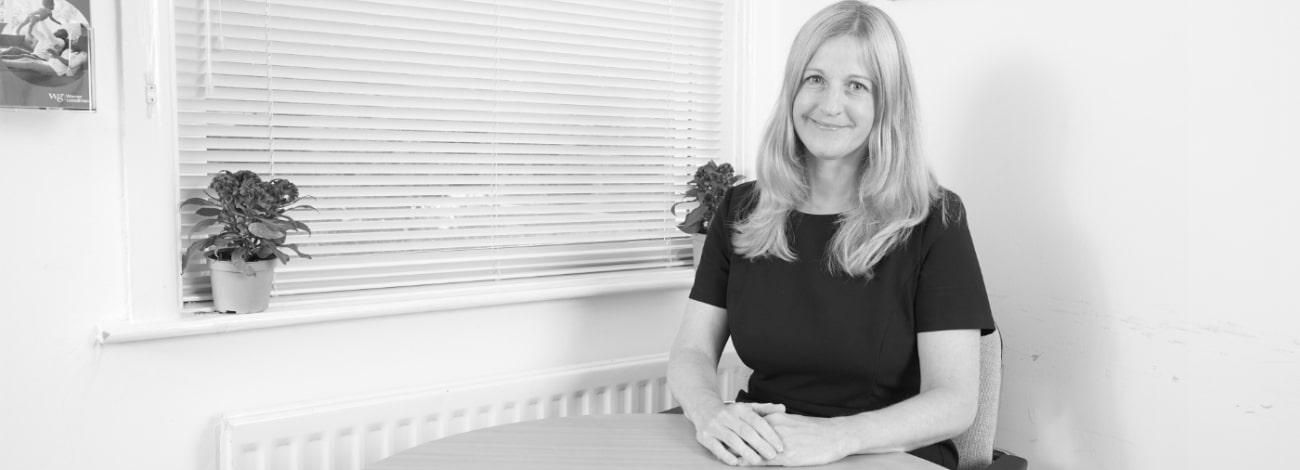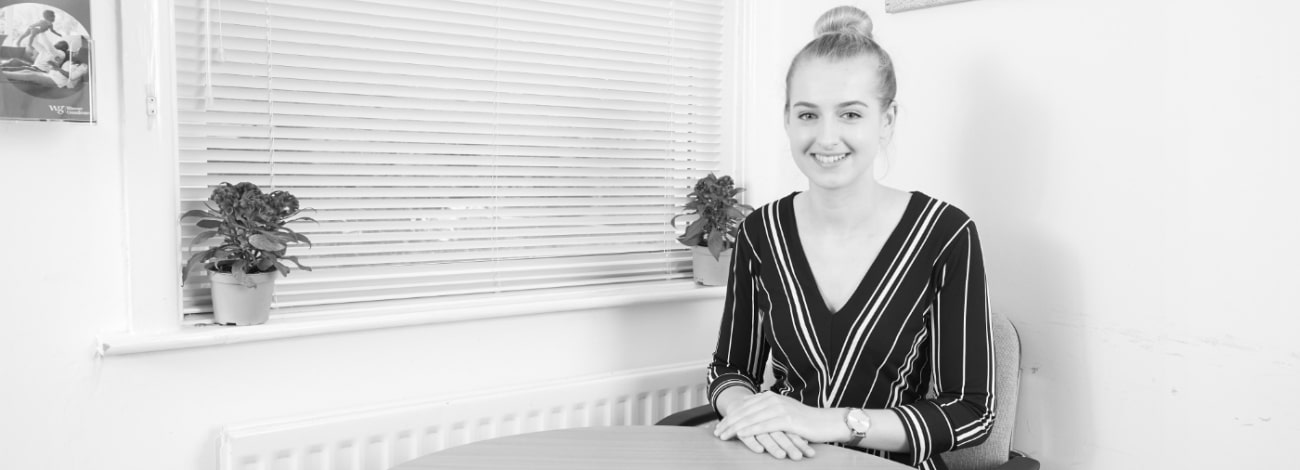Whether you are a first time buyer or you move every few years, buying a property is a big financial and emotional commitment, so you need to make sure you’re prepared. Our top tips will let you know what to look out for on your journey up the property ladder.
Buy a home you can afford
It may sound obvious, but ensure you can actually afford the property you are viewing. Some people tend to buy at the top of their price range, and whilst your new home may seem like it was worth it at first, you may find it hard to commit to the mortgage repayments. Ensure you find a reputable mortgage advisor who can take your particular incomings and outgoings into consideration, and give you an honest estimation of the amount you could afford each month.
If you are a first time buyer, having a healthy deposit prior to purchase will help as it could lower the interest rate on monthly payments, so try and save as much as you can before starting the process.
If the property you have your heart set on is outside of your price range, you can try negotiating the price with the seller; they could be willing to lower the price depending on how long the property has been on the market or if there is work that needs to be done.
As well as a deposit and monthly payments, make sure you have budgeted for the additional costs that come with buying a home, such as Stamp Duty Land Tax, solicitors fees, and any renovations that may be needed to the property.
Give yourself a little room for manoeuvre if your initial offer is rejected – but don’t go over and above the maximum price you had originally set in your mind. Holding your nerve could save you thousands, especially if there are not many other potential buyers in the offing. And, if you lose the house and had reached your cap, you may have struggled to afford it in the long run.
First impressions of a property
Although your first impression may not be the best if the house is not clean or tidy, or the interior is not to your taste, try and look beyond this. You may bypass your dream home if you don’t keep an open mind and end up dismissing a property too soon.
At the same time, bear in mind those things that may be faulty and if you do still wish to buy the property, they could be used to negotiate on the price. Spending a sufficient amount of time viewing a property can help you notice areas of work that may be needed and help you obtain quotes, such as:
DampThink about the smell of the property, does it smell musty? Peeling wallpaper is often a significant factor in damp. Make sure to check inside cupboards too (remember to ask permission first).
CeilingsThis is something many people forget to do when viewing a property; it is natural for our eyes to just look at everything at and below eye level. However, it is very important to look at ceilings for any brown stains, cracks or even slow drips.
Lift mats and rugsCheck for stains and marks lying underneath as these could be a sign of an underlying problem.
Count power pointsMake a quick floor plan for each room remembering how many power points there were and where they are so you can then work out where everything could potentially fit into the room. It’s always good to check how old the electricity circuit board/sockets and any gas central heating boiler as well.
Check out the neighboursIf you are buying a flat or terrace house, think about how the neighbouring properties look. Are they run down? Could this cause problems for you and the property you are thinking of buying and future saleability?
Don’t be afraid to view a property more than once
Viewings can be exciting but don’t commit too soon. The first time you saw the property you may not have spotted everything that would influence your decision, so viewing the property a second or third time will allow you to take a closer look. Going at different times of the day will give you a more overall view of the property and the neighbourhood; you may have originally viewed the property on a weekday whilst your neighbours were at work and visiting during evenings or weekends will give a true reflection of the commuting traffic, noise levels and lighting in the property. On each visit, take some time to walk around the neighbourhood; you can find out what local facilities such as transport links, shops etc, but also get a feeling for the surrounding areas.
Study the property market
Knowing the area of a property can put you in a good position when and if you come to make an offer. What have the other houses in the area sold for? If the other houses on the street went for considerably less, pointing this out may encourage the seller to drop the price. Don’t forget “Location, Location, Location”; you may not have considered all the possible areas that you would wish to move to so again, research is key. If you have children and are searching for a family home, the nearby schools are going to be a massive influence.
Think about maintenance and upkeep
When buying a property, consider how easy or hard it will be to maintain. If the property comes with a large garden, how often are you going to need to mow the grass, and would you have to trim the hedges regularly? If you don’t have green fingers, this could cause a problem down the road. Also consider how long it has been since essentials such as piping and the boiler have been fixed. If it’s been a long time since they’ve been replaced then you might have to unexpectedly replace them.
Don’t be satisfied with the mortgage lender’s valuation
A lender’s valuation is just that – an assessment carried out by the lender to check that the property presents adequate security for its loan (although you will pay for it). To look for actual faults in the property, you will need to commission your own independent survey.
On most homes, a Home Buyer’s Report, which will expose problems such as damp, dry rot and subsidence, is adequate. But if you are buying an older or unusual home a full structural survey is probably a better idea.
Get to grips with leasehold
The complex and archaic rules surrounding leasehold property can really put your head in a spin. If you are buying a home within a shared block and feel out of your depth on leasehold issues such as covenants (rules of the lease), call the Leasehold Advisory Service on 020 7383 9800.
As a government-funded public body, this service provides consumers with free and impartial advice on the law relating to residential leasehold property in England and Wales. Alternatively, we can discuss with you the facts regarding leasehold extensions.
Be fair with your offer
It is common to offer below the asking price, but be aware of what other offers are being made to the sellers; if there are a high number of offers it’s likely that the estate agent will come back to you with your highest bid possible. Starting off with a realistic offer that reflects the property as it is will make yours more tempting than others who may be offering too little.
Planning for the future
Prior to exchanging contracts it’s important that you make plans for your future. If you are moving in with your partner but you are not married then you should consider how you wish to hold the property either jointly, unequal shares to protect the deposits you have put towards the property or having a cohabitation agreement drawn up. No-one wants to think that a relationship will end, especially when you’ve made a commitment such as buying a home together, but unfortunately it does happen and having an agreement which clearly defines each person’s input and role in the purchase of the property could save money and heartache down the road.
Make a Will
You should also make a Will if you buy a property as another way to safeguard your assets for the future. If you own a property and you are not married, without a Will your home you have shared with your loved one will not automatically go to them.
You can discuss your next move with our teams by contacting us on the phone numbers below, or to find out more about our fees you can use our estimate calculator.
Fareham: 01329 288121
Southampton: 023 8063 9311
Portsmouth: 023 9275 3575
Chandler’s Ford: 023 8071 7467
Waterlooville: 023 9277 6569
Email: conveyancingquote@warnergoodman.co.uk



